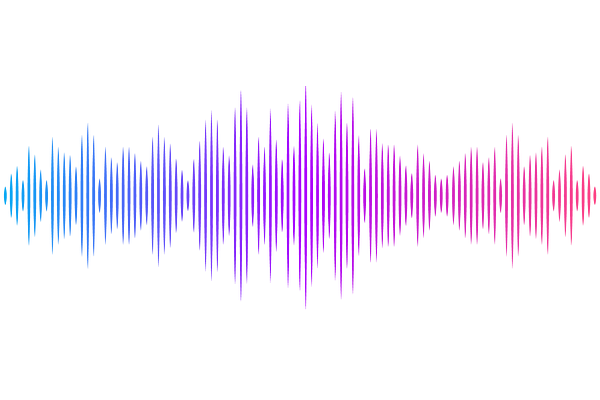IL-32 drives inflammatory responses in IFN-γ primed human macrophages via a Myddosome-dependent pathway and is elevated in COVID-19

IL-32 drives inflammatory responses in IFN-γ primed human macrophages via a Myddosome-dependent pathway and is elevated in COVID-19
Ramon Vazquez, A.; Skowyra, A.; Crowley, T.; Velmurugan, J.; Lee, C.; Lindsay, A. J.; Woznicki, J. A.; Stamou, P.; Nelson, O.; Jeffery, I. B.; Lohan, A. J.; Albrich, W. C.; O Mahony, L.; Melgar, S.; Shanahan, F.; Cao, X.; Macoritto, M.; Sadhukhan, R.; Levesque, M. C.; McRae, B. L.; Matzelle, M.; Nally, K.
AbstractIFN-{gamma} is secreted by multiple lymphoid subsets in response to antigen stimulation and can reprogram and prime macrophages epigenetically and transcriptionally to increase responses to inflammatory stimuli such as LPS, IL-1{beta} or TNF-. IFN-{gamma}-driven M1-like inflammatory macrophage states are shared across human immune-mediated inflammatory diseases (IMIDs) and while IFN-{gamma} is nonredundant for defense to intracellular pathogens it is unclear if this is also the case in IMIDs. To identify additional secreted ligands which could prime and induce M1-like macrophages we screened >600 human proteins in human primary macrophages. Using complementary functional genomics approaches, we discovered that IL-32{beta} induced an M1-like inflammatory state in non-primed and IFN-{gamma}-primed macrophages. IL-32{beta} induced signaling, transcriptional, tolerance, cross-tolerance, and inflammatory responses in macrophages which were MyD88, IRAK1 and Myddosome-dependent. These responses to host IL-32{beta} were similar to yet distinct from, those induced by microbial LPS. IL-32 protein was elevated in serum from patients with severe COVID-19 and IL-32{beta} together with IFN-{gamma} were expressed by T cells and induced a macrophage transcriptional response which was shared by monocytes and macrophages in mild and severe COVID-19.